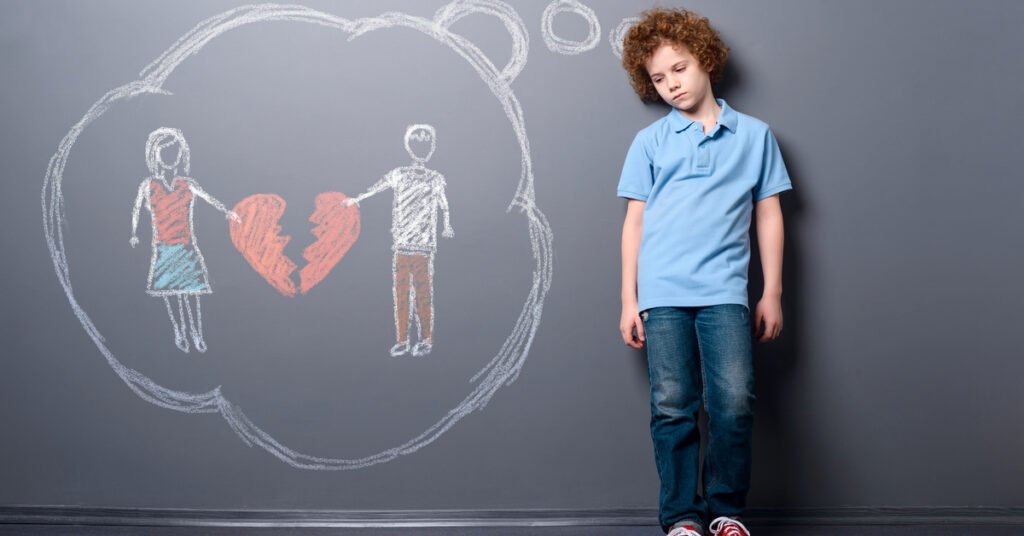A Parents Guide To The Psychological Effects of Divorce on Children
In 2019, the divorce rate hit a 50-year low of 14.9 per 1,000 marriages. It was predicted that the COVID pandemic would start to bring the divorce rate up during 2020k. This is not happening so fast. It is believed that couples may be reluctant because of the pandemic health issues and the economic uncertainty.
As the divorce rate continues to change year by year, there are still those who will continue to take the biggest brunt of divorce, the children. Confusion, anxiety, and fear will be present in a child during divorce. Not being able to fully comprehend the situation can cause years of damage physically and emotionally.
The psychological effects of divorce on children show their signs in many ways. If you or someone you know is going through a divorce, this article is for you. When children are involved, you want to be able to provide complete care and comfort.
Read our guide to the six most common psychological effects of divorce on children to help you learn and understand what issues may arise with young children.
Academic
Distraction and confusion often come as a result of children of divorce. The shift in a family’s dynamic can create shifts in a child’s mind. Due to these psychological effects of divorce on children, their academic performance may suffer.
This is especially common in unexpected divorces, more so than expected ones.
Social
Socializing for a young child is difficult in and of itself. When you throw a divorce into the mix, complications arise. One of the negative effects of divorce on children is a loss of interest in socializing.
Relating to others, fewer friends, and insecurities all stem from divorce in the family.
Change
Change is something most people don’t enjoy. For a young child, adapting to the new through a divorce can be a rough experience.
Changes like family dynamics, living situations, schools, friends will all have a compounding effect on the child.
Emotions
Emotions will bubble up to the surface in children as the family goes through a divorce. From this transitional period, a child may feel lost, angry, confused, or anxious.
Overwhelmsion and emotional sensitivity may increase as well. Having someone to sit, talk, and listen to with the child is often the best medicine. Having an outlet to channel and work through their emotions is vital during these trying times.
Anger
When not knowing how to deal with divorce, one emotion that may come to the surface is anger. For children, this can be difficult to navigate and they might become angry at their parents, themselves, or friends.
Effects of divorce on child growth and development come in all shapes and sizes. Anger should dissipate after several weeks when the child comes more to terms with the experience.
If it does not, the anger may linger in the child for years to come.
Guilt
With children, trying to wrap their minds around a divorce comes with a lot of confusion. They aren’t sure if their parents still love each other or fear they are to blame.
These feelings of guilt can become new emotions, such as the child feeling depressed, stressed, etc. Cognitive-behavioral therapy can provide a structure to allow the child to relate to the divorce in new, positive ways.
Psychological Effects of Divorce on Children
As you can see, there are many psychological effects of divorce on children. Divorce is no easy feat for anyone involved.
It is best to take things day by day and talk to your child as much as possible. Let them know you are there for them and that you care.
We encourage you to contact our NJ Family Law office if you need a divorce attorney. We provide comfort and are always there to hold your hand when needed. Our warm and comforting office is located in Madison, NJ in Morris County.
